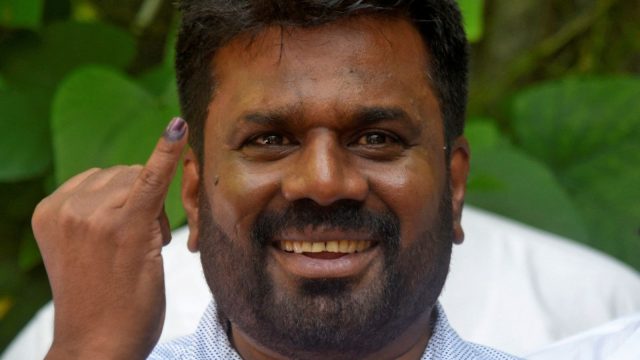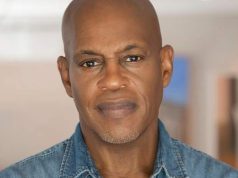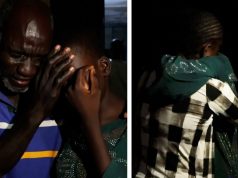Left-leaning leader Anura Kumara Dissanayake has won the presidential election in Sri Lanka.
The election, held on Saturday, was the first since mass protests in 2022 saw Sri Lanka’s then leader Gotabaya Rajapaksa unseated as the country faced its worst economic crisis.
Mr Dissanayake secured 42% of the votes counted, followed by opposition leader Sajith Premadasa with 32% and incumbent President Ranil Wickremesinghe at 17%, according to the Election Commission.
While official results are yet to be announced, Mr Dissanayake, who leads the National People’s Power coalition, claimed he had won the polls as he said on X: “This victory belongs to all of us.”
Read more:
Everything you need to know about elections in Sri Lanka
Sri Lanka is yearning to turn a page as country votes new president
The 55-year-old, whose pro-working class and anti-political elite campaigning made him popular among youth, has come a long way since the presidential elections in 2019, where he won just over 3% of the vote.
He replaces Mr Wickremesinghe, who took over from Mr Rajapaksa when he was forced to resign in 2022 amid widespread protests over the worst economic crisis Sri Lanka had ever seen.
Mr Wickremesinghe’s foreign minister Ali Sabry congratulated Mr Dissanayake on X and said he hopes he will “lead with a commitment to transparency, integrity, and the long-term good of the country”.
Mr Sabry added: “I wish Mr. Dissanayake and his team every success in their efforts to lead Sri Lanka forward.”
Mr Premadasa has not yet conceded defeat.
Sri Lanka’s crisis resulted largely from excessive borrowing on projects that did not generate revenue.
The economic collapse brought a severe shortage of essentials such as medicine, food, cooking gas and fuel, with people spending days waiting in line to obtain them.
It led to rioting in which protesters took over key buildings including the president’s house, his office and the prime minister’s office, forcing Mr Rajapaksa to flee the country and resign.

















